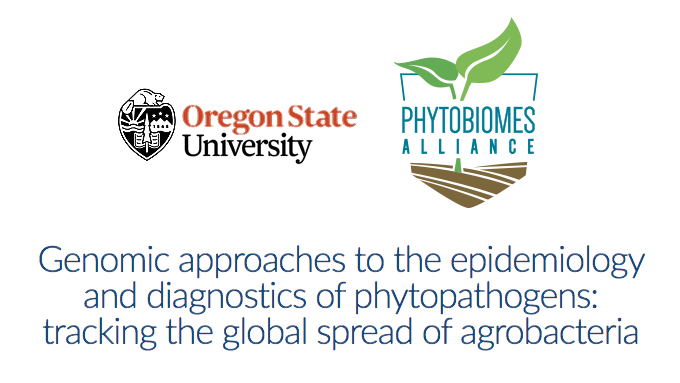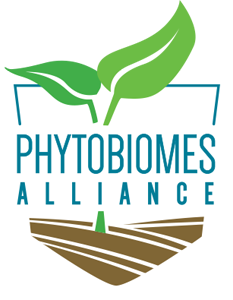
Genomic approaches to the epidemiology and diagnostics of phytopathogens: tracking the global spread of agrobacteria
July 09, 2020
Location
Online
Presenters
Alexandra Weisberg, Postdoctoral Researcher
Department of Botany and Plant Pathology, Oregon State University, USA
Outline
Plant disease is a major problem for US and global agriculture and results in yield losses and high costs for growers each year. Early and accurate diagnosis of plant pathogens are crucial for rapid responses to minimize the impacts of disease. Whole genome sequencing technology has rapidly advanced and offers powerful ways to track with high precision and low cost the movement of pathogens. We developed and applied methods of “genomic epidemiology” to infer the transmission patterns of phytopathogenic bacteria Agrobacterium. These pathogens cause crown gall or hairy root disease on over 100 plant species and are significant pathogens of nurseries, orchards, and vineyards. Agrobacteria are genetically diverse, and pathogenic strains have the ability to transfer virulence genes horizontally to other distantly related bacteria and give rise to new pathogen lineages. This horizontal movement of genes complicates epidemiology. We therefore first modeled the evolution of bacteria and its virulence genes, thereby allowing us to track with precision, the movement of both strain and virulence genes independently.
In this webinar we will present how, by overlaying the information, we gained a more accurate understanding of the features that drive the global spread of plant disease.
